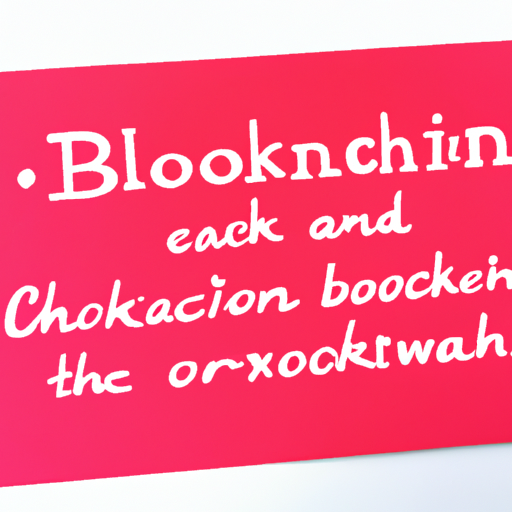In a world where consumers demand transparency and authenticity, blockchain technology emerges as a powerful tool for enhancing the provenance of products across various industries.
What is Blockchain?
Blockchain is a decentralized digital ledger that records transactions across multiple computers securely and transparently. It provides an immutable record, ensuring that once data is entered, it cannot be altered or deleted without consensus from all network participants. This feature is particularly valuable in establishing trust in product origins.
Importance of Provenance in Supply Chain Management
Provenance refers to the documentation that outlines the origins of products, detailing their journey from source to consumer. In an era of increasing globalization, understanding the provenance of goods is essential for:
- Consumer Trust: Shoppers want to know where their products come from and how they were made.
- Ethical Sourcing: Companies must demonstrate that they source materials responsibly.
- Regulatory Compliance: Many industries are facing stricter regulations regarding product sourcing and safety.
How Blockchain Improves Provenance Tracking
Integrating blockchain into the supply chain offers several key advantages:
- Enhanced Transparency: All parties involved in the supply chain can access the same data, which increases visibility and accountability.
- Immutable Record: The blockchains’ inherent security features prevent data manipulation, ensuring the authenticity of product information.
- Real-Time Tracking: Blockchain can provide real-time updates about a product’s journey, enhancing traceability.
Real-World Applications of Blockchain in Provenance
Various industries have already begun leveraging blockchain for provenance tracking:
- Food Industry: Companies like IBM’s Food Trust use blockchain to trace food products from farms to tables, reducing the risk of fraud and contamination.
- Fashion Industry: Brands like Provenance and VeChain enable consumers to track the lifecycle of their clothing, ensuring ethical practices.
- Pharmaceuticals: Blockchain helps track the authenticity of drugs, combating counterfeit medicines.
Conclusion
As consumers increasingly prioritize transparency, adopting blockchain for provenance tracking is no longer just an option but a necessity for businesses looking to thrive. By providing a trustworthy and verifiable way to track products, blockchain technology can significantly enhance supply chain integrity, boost consumer confidence, and ensure ethical practices across industries.
To stay ahead in the competitive landscape and build a loyal customer base, businesses must embrace this technology. The future of provenance tracking is indeed bright with blockchain at the helm.
For more information on how blockchain can transform your supply chain and product tracking, stay tuned to our blog!




